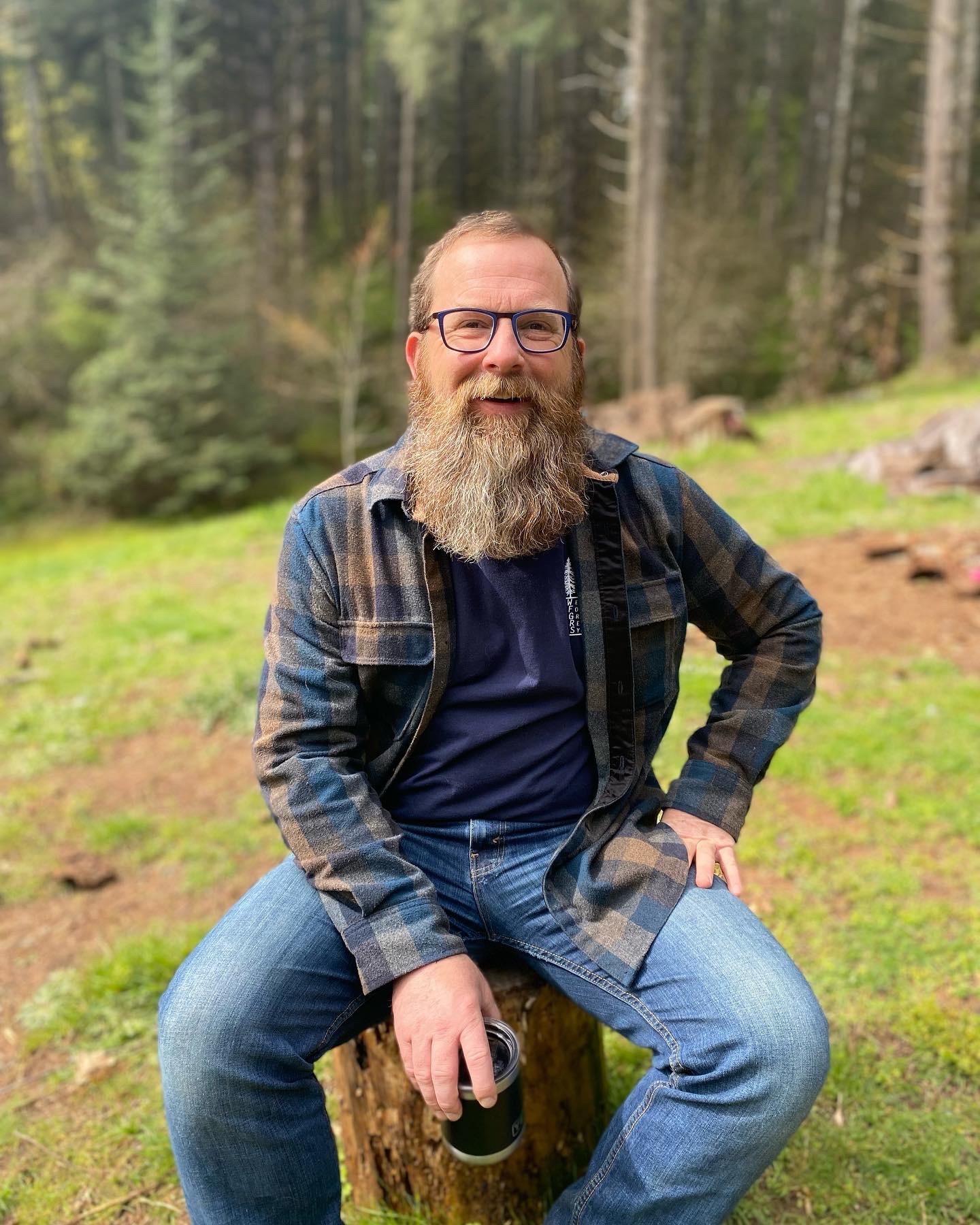Sleeping Beauty is the smartest
Published 4:00 am Monday, December 10, 2007
After many years of reading and careful observation, I’ve come to the conclusion that Sleeping Beauty is the most intelligent person in the history of the world. It’s not important that she’s just a character in a children’s story. The important thing is that she did something that the vast majority of us don’t do enough of. She slept a really, really long time. Researchers and scientists have concluded that when we get more sleep, we are healthier, happier and more intelligent. This certainly proved to be true the last time I watched Sleeping Beauty. She woke up happy, full of energy and she looked like a supermodel.
Studies have shown that young people between the ages of 12 and 18 need quality sleep. MRI scans of the brain have shown that a lack of sleep inhibits the body’s ability to refuel itself. When young people are forced to get up early, their brain has not had a chance to “charge up” for the next day. You don’t need to be a rocket scientist to observe this fact. Try waking your teenagers up early after they’ve been up late the night before. “Refueled” is probably not the word you’d use to describe them.
Harvard University just released some fascinating information about “quality sleep” as it pertains to kids ages 12 to 17. They concluded that sleep-deprived students fare far worse academically and emotionally than students who get adequate sleep. When we sleep is as important as how long we sleep. The Harvard University researchers found that the sleep teenagers got in the morning hours was vitally important, and if this sleep cycle wasn’t consistent, the teenagers showed “greater cognitive loss,” and they were at a greater risk for “mood swings and depressive behavior.” This must explain why teenagers are much more friendly and intelligent during summer vacations.
I tend not to believe everything I hear from Harvard (they sleep too much there), so I decided to do more research. Sleep studies on teenagers conducted by the University of Kentucky focused on “cognitive function” and the “ability to do complex tasks.” Scientists found that students who did not get the recommended amount of “quality sleep” had a much tougher time than students who slept longer. The study showed that “losing just one hour of sleep a night can cognitively set the brain back two years.” That means a 15-year-old student who loses just an hour of sleep a night can really only function as a 13-year-old the next morning. If you’ve ever been around a sleep-deprived teenager in the morning, you know what they’re talking about.
Some school districts around the county are actually using this data to set up schedules that better fit the lifestyles and sleep patterns of high school students. The results have been dramatic. In Edina, Minn., they’ve changed the high school schedule so that school starts at 8:30 instead of 7:25. The SAT scores in the top 10 percent went from an average 1288 to 1500, an increase that “couldn’t be attributed to any other variable.” In Lexington, Ky., they’ve changed their start time to one hour later. After the school district made this change, the teenage auto accidents went down 16 percent, while the rest of the state went up 9 percent. School districts have been able to make these scheduling changes without significantly impacting transportation or athletics. If they can do it, why can’t we?
Wouldn’t it be great if we could positively impact our schools without spending more taxpayer money? According to researchers and school districts around the country, it’s a real possibility. Our local educational leaders have stated they want our schools to be “world class.” Well, this might be an opportunity to improve our school environment and test scores. We have a chance to help our young people be healthier, happier and more successful.
Taxpayers want schools filled with students who are engaged and productive. Changing the start times and providing schedule flexibility for our high school students lets us accomplish part of that goal. A “world-class” school district would have a later start time for high school students and a “swing shift” schedule for kids who might perform better by taking afternoon and evening classes.
We can’t all be as intelligent and healthy as Sleeping Beauty, but we can certainly try. Sleeping “better” can actually help our bodies and minds function at a higher level. This is especially true for our younger generations. I don’t know about you, but I’d love it if teenagers were happier, healthier and more productive during their waking hours. Mark Twain said it best, “Most of us spend a lifetime going to sleep when we’re not sleepy and getting up when we are.”







